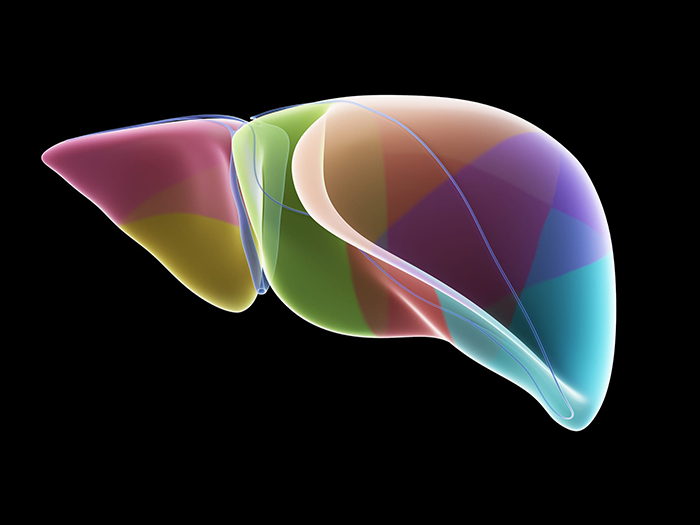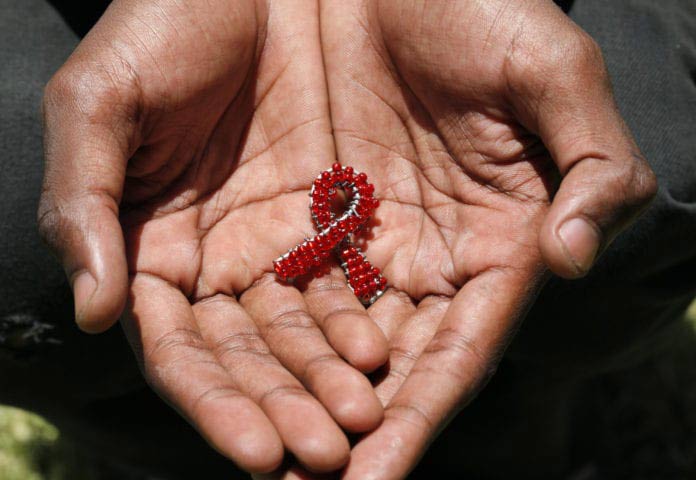Emory is nationally renowned for using a multidisciplinary approach to treat cancer. But many may not know there is a multidisciplinary team right here at the Emory Transplant Center with the mission of improving survival rates for liver cancer. Hepatocellular carcinoma (HCC) is a form of liver cancer. It accounts for most liver cancers and is among the fastest rising cancers in the U.S. According to the National Cancer Institute, liver cancer is the third leading cause of cancer deaths worldwide and the seventh leading cause of cancer deaths in this country. For patients with early-stage primary HCC, liver transplantation may be their best chance of survival.
“Data here [at the Emory Transplant Center] and at other major academic transplant centers are showing that the five-year survival rate for patients with early-stage HCC and cirrhosis who receive a liver transplant is 75%, but only about 25-30% without a transplant,” says Dr. Anjana Pillai, a transplant hepatologist and the Medical Director of the Liver Tumor Clinic at Emory University Hospital.
Emory opened the multidisciplinary Liver Tumor Clinic, the only program of its kind in the state, in May 2013. It consists of a team of transplant hepatologists, liver transplant surgeons, interventional radiologists, midlevel professionals, palliative oncologists, medical oncologists and others who help personalize treatments depending on patients’ individual needs. Emory Transplant Center hepatologists serve as care coordinators for liver cancer/tumor patients. The reason transplant hepatologists are well suited to coordinate care for this population is they treat on, a daily basis, patients with chronic liver disease, liver failure and those requiring liver transplants.




